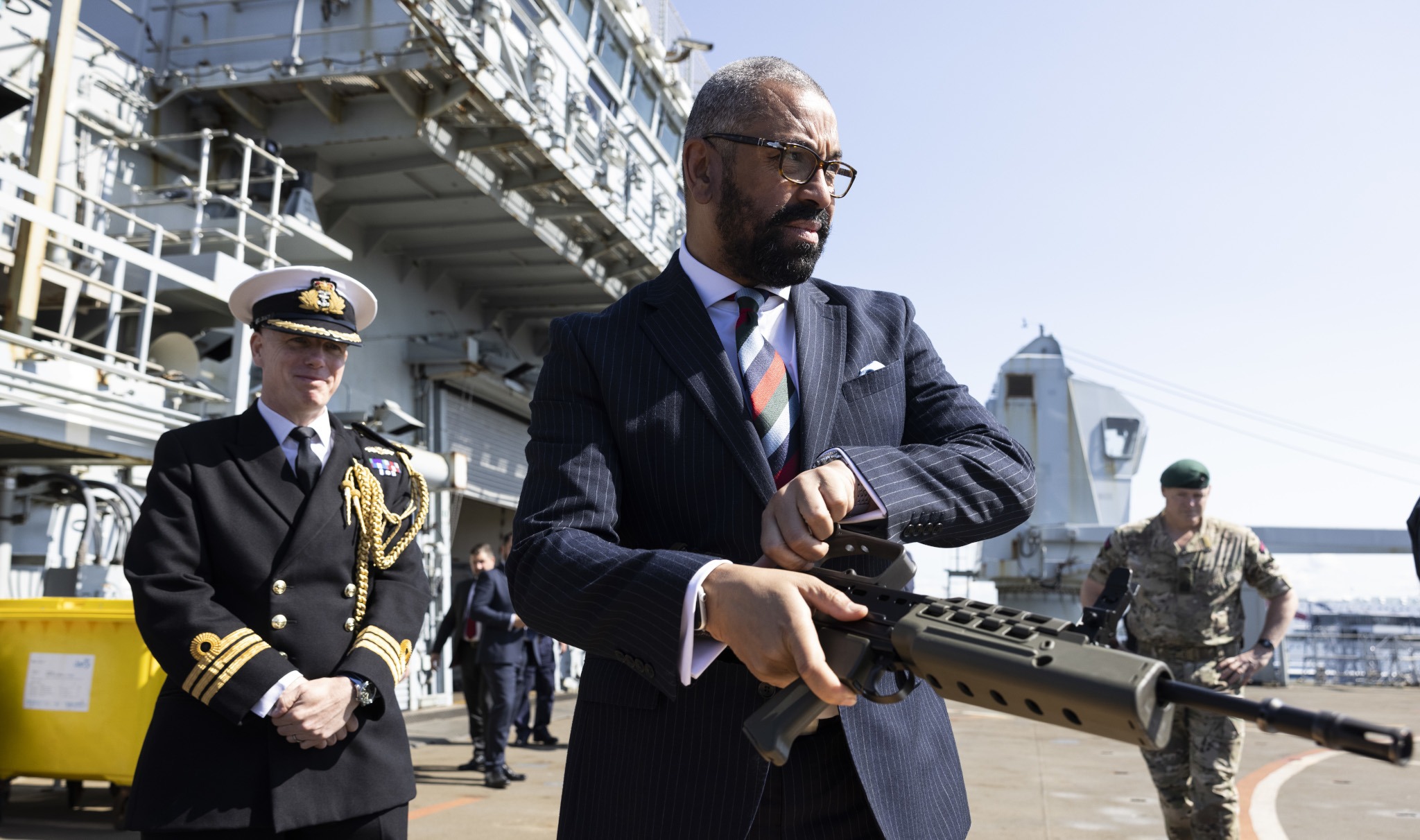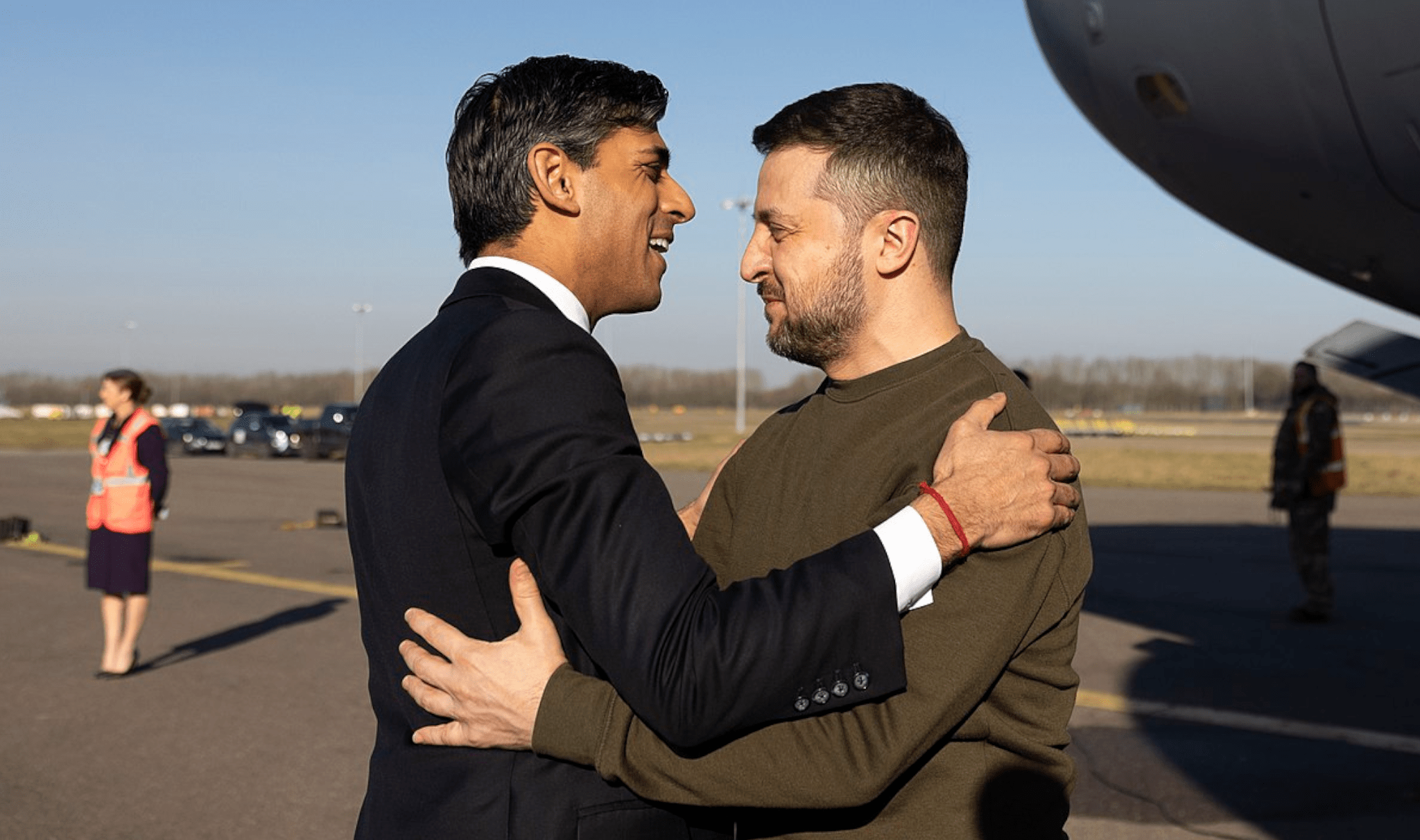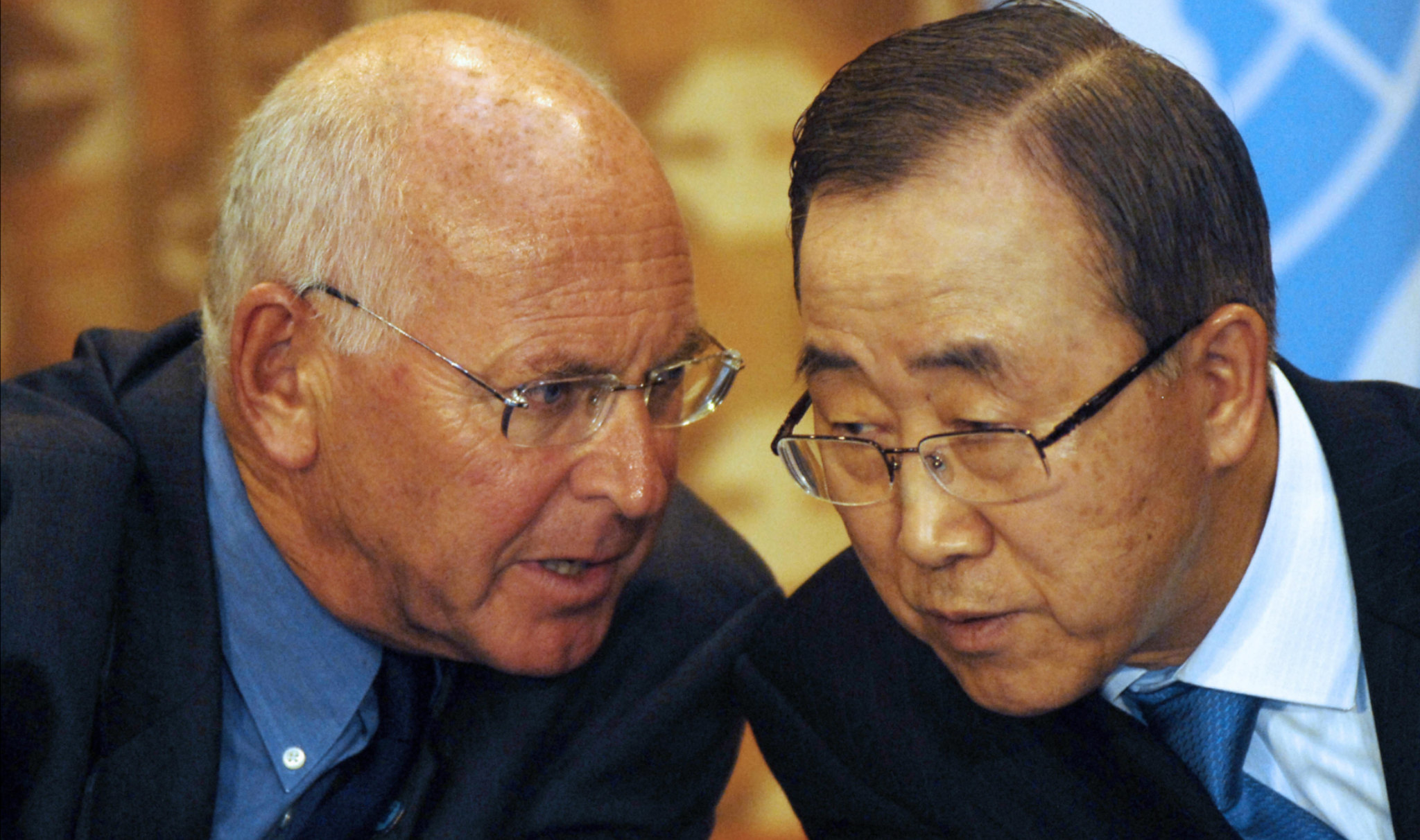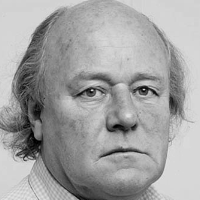Shortly before his retirement this month, Air Chief Marshal Mike Wigston, head of the RAF, warned that defeat in Ukraine would leave Russia “brutal” and “vindictive” even if Putin “disappeared”. Russia may pose an even greater threat to Nato countries, including Britain, he said.
“When the Ukraine conflict is over and Ukraine has restored its borders, as it must, we will have a damaged, vindictive, and brutal Russia, whose means of harming us is through air attack, missile attack and subsurface attack”.
Wigston added: “This is more than about just one person. There is a whole structure and a hierarchy behind Putin. So even if Putin was to disappear off the stage, there are countless others that could replace him that could be as equally as brutal and vicious to their own people and to neighbouring states”.
His warning came as Rishi Sunak and foreign secretary James Cleverly enthusiastically praised the Ukrainian drone attacks on Moscow, even egging on Kyiv to launch further strikes on Russia.
Cleverly said Ukraine has “the right to project force beyond its borders to undermine Russia’s ability to project force into Ukraine itself”. In response, the deputy chair of Russia’s security council, Dmitry Medvedev, said British public officials were a “legitimate military target”.
Tobias Ellwood, a senior Tory MP and chair of the Commons defence committee, went as far as telling BBC2 Newsnight viewers on May 30 that the West must “rekindle Cold War skills”.
Such rhetoric swirling around Westminster was in marked contrast to the response to the drone strikes on Moscow in Washington where the Biden administration insisted the US did not approve of Ukrainian attacks on targets in Russia.
Wigston is not the first former top military figure to counsel caution, in effect telling their erstwhile political masters to cease indulging in dangerously provocative interventions and empty threats.
‘The alternative is a bloody battle’
Others have gone further. Former chief of defence staff, Lord David Richards, has warned that Crimea should be treated differently from the rest of Ukraine, with a peace deal possibly involving a referendum, and suggested that others in the west shared that view.
“There could be some arrangement over Crimea, whereby it’s allowed to remain in Russian hands”, he has said. “The alternative is a bloody battle.”
Richards has reinforced the point: “We have to understand that Ukraine is very, very important to Russia, emotionally, historically, it was part of Russia for hundreds of years, which is why they were never going to allow Crimea to become part of this new Ukraine.”
Richards is fond of quoting former US president Theodore Roosevelt’s advice: “Speak softly and carry a big stick; you will go far”. Successive British governments have been doing the opposite.
They also ignore this observation, shared among the vast majority of senior British military figures, namely: “All wars end through diplomatic means”.
Richards is not alone in highlighting Crimea. Retired Admiral Chris Parry recently warned: “Ukraine will do well to leave Crimea alone for now. It is absolute kryptonite to the Russians, and they will die in numerous ditches to hold on to it even if they lose everything else”.
Consequences
Ironic it may seem but senior military figures have consistently warned of the consequences of military intervention. Admiral Sir Mike Boyce, then chief of defence staff, was deeply concerned about Britain joining the US-led attacks on Afghanistan in 2002 and the invasion of Iraq the following year.
He was deeply sceptical about Tony Blair’s last-minute “unequivocal” assurance to him that the invasion was lawful. In private Boyce suggested the subsequent failure of the occupying powers to protect the civilian population in Iraq was in breach of Britain’s Geneva Convention obligations.
“We all knew perfectly well what a disaster for countless people a war was going to be”, Sir Mark Allen, MI6’s senior counter terror official, told the Chilcot inquiry into Blair’s decision to join the US-led invasion of Iraq.
“We all knew perfectly well what a disaster for countless people a war was going to be”
The former Labour foreign secretary, David Miliband, has now acknowledged that the invasion of Iraq was a disaster, describing it as “one of the deepest regrets” from his time in politics, and a strategic mistake”.
Countries had refused to condemn Russia, he said, not because they supported the invasion of Iraq but because they believed the West was guilty of hypocrisy. “I think it’s a very, very serious point”, said Miliband. It is indeed.
The Kremlin continuously refers to the invasion of Iraq and Nato’s bombing of Serbia in the 1990s (neither of which military operations was sanctioned by the UN Security Council).
It also refers to the bombing of Libya in 2011 and the toppling of Colonel Gaddafi, an operation also opposed by Britain’s military chiefs and described by Barack Obama as a “shitshow”.
Truth and power
Military chiefs have not been alone in warning about the dangers of military intervention. Eliza Manningham-Buller, then head of MI5, warned that the invasion of Iraq would increase the threat of Islamist terror attacks in Britain.
The trouble was, and remains, that senior military and intelligence figures do not easily speak to truth to power – to their political masters – for fear of a political and media backlash if their concerns became publicly known.
Now, another of Britain’s top spies has expressed more measured views than government ministers over the war in Ukraine. Sir Jeremy Fleming, retiring director of GCHQ, says Russia was well aware of the risk of the conflict over Ukraine escalating. “Any state with these sorts of capabilities understands there is escalatory potential in their use”, he has said.
While the pandemic and China’s attitude had accelerated the divide between China and the West, that was not an “inexorable” direction, according to Fleming. “My hope is that, around the margins, we’ll also find ways to co-operate where it’s in both our interests to do so”, he told the Financial Times.
Unlike his predecessors, Sunak at least appears to have listened to advice from military and intelligence advisers by adopting a more nuanced approach to Beijing.
This approach has provoked outrage from such Tory hawks as Iain Duncan-Smith and Liz Truss, who prefer to indulge in the kind of provocative rhetoric now directed at Putin over Ukraine.
How much longer is the British government prepared to arm Ukraine while cheering from the sidelines as tens of thousands of young soldiers and civilians and children continue to get killed?
Will it learn brutal lessons before indulging in similarly dangerous rhetoric helping to promote an escalating dispute between China and Taiwan?
They are questions that need an answer. Now.




